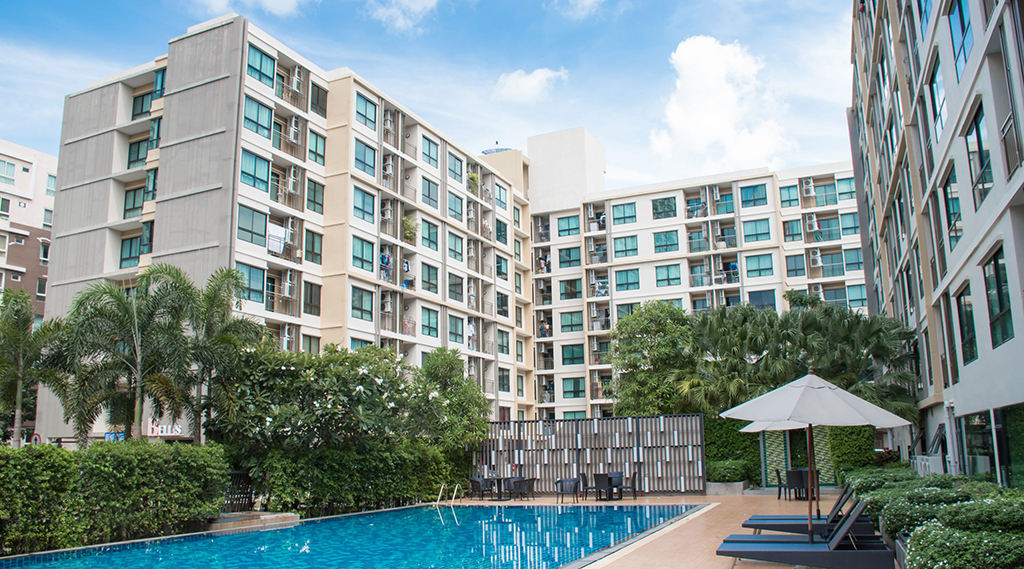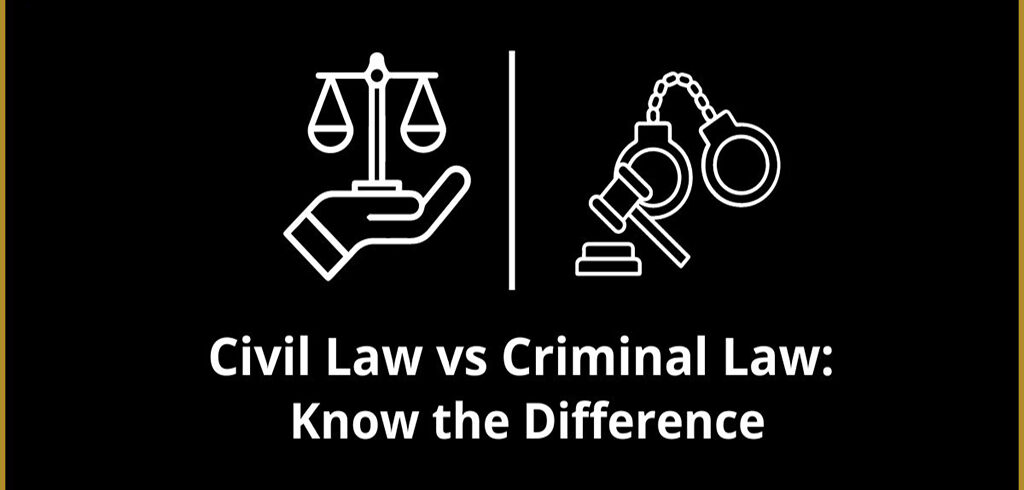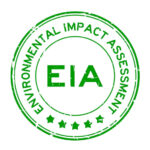
Thailand’s picturesque landscapes, warm climate, and welcoming culture make it a top destination for both tourists and expatriates. Among the many investment opportunities available, purchasing a condominium is one of the most popular choices for foreigners. However, owning property in Thailand comes with specific legal considerations. As a Phuket international law firm, we’ve outlined the key aspects of condominium ownership in Thailand to help you make informed decisions.
Why Choose Condominium Ownership in Thailand?
Condos are an attractive option for foreigners because they offer a straightforward path to property ownership compared to other real estate types. Unlike land ownership, which is restricted for foreigners, condominiums provide a legal and practical investment opportunity. Owning a condo in bustling destinations like Phuket also presents lucrative prospects for rental income or a serene vacation retreat.
Legal Framework Governing Condominium Ownership
The Condominium Act of 1979 governs condominium ownership in Thailand. It outlines the rules and regulations that buyers must adhere to, ensuring transparency and protecting both Thai and foreign property buyers. Understanding these legal provisions is crucial before purchasing a condominium.
Key Legal Provisions
- Foreign Ownership Quota
- Foreign nationals are allowed to own up to 49% of the total sellable space in a condominium building.
- The remaining 51% must be owned by Thai nationals or entities.
- Payment in Foreign Currency
- Foreign buyers must transfer the purchase amount in foreign currency from overseas.
- A Foreign Exchange Transaction Form (FET) issued by the bank is required to prove compliance with this rule.
- Title Deed (Chanote)
- The title deed is the most crucial document for condo ownership.
- Ensure the title deed is free from encumbrances or disputes by conducting a thorough title search with the assistance of a lawyer in Phuket.
- Juristic Person Management
- Each condominium project has a juristic entity responsible for managing the building and common areas.
- Owners must pay maintenance fees and follow the condominium regulations set by the juristic entity.
Steps to Purchasing a Condominium in Thailand
Purchasing a condominium involves multiple steps, each requiring careful attention to legal details. Our Phuket lawyer team can guide you through each stage to ensure a smooth transaction.
Step 1: Due Diligence
Conducting due diligence is essential to verify the property’s legal status and the developer’s credibility. This includes:
- Ensuring the condo is within the 49% foreign ownership quota.
- Verifying the title deed and any encumbrances.
- Checking the building’s permits and approvals.
Step 2: Sales Agreement
Once due diligence is complete, the buyer and seller will enter into a Sales and Purchase Agreement (SPA). The agreement should include:
- Purchase price and payment schedule.
- Transfer date and conditions.
- Responsibilities for taxes and fees.
Having a Phuket lawyer review or draft this agreement ensures all terms are legally binding and favorable.
Step 3: Payment and FET Form
Foreign buyers must transfer the payment in a foreign currency and obtain the FET form from their bank. This document is required during the property transfer process at the Land Department.
Step 4: Registration of Ownership
The final step is registering the condominium ownership at the Land Department. The buyer must pay the relevant taxes and fees, including:
- Transfer fee: 2% of the property value.
- Withholding tax: Paid by the seller (or the buyer in some cases).
- Specific business tax: Applicable for properties held less than five years.
Challenges Foreigners May Face
Understanding Legal Nuances
Foreigners often find Thailand’s property laws complex. Misinterpreting the regulations can lead to invalid contracts or financial losses. Consulting with a lawyer in Phuket who specializes in real estate law can mitigate these risks.
Ensuring Compliance with Quotas
The 49% foreign ownership quota can fill up quickly in popular areas like Phuket. Buyers should act promptly but cautiously, ensuring their purchase aligns with legal requirements.
Currency and Banking Regulations
Thailand’s strict currency regulations require foreign buyers to be meticulous in transferring funds. Any deviation can result in delays or complications during the registration process.
Role of a Phuket International Law Firm
Our Phuket international law firm offers comprehensive legal services to foreign buyers, ensuring a seamless condominium purchase experience. Our services include:
- Title deed verification and due diligence.
- Drafting and reviewing sales agreements.
- Assisting with FET form documentation.
- Representing clients at the Land Department.
With our in-depth understanding of Thai property law, our team of Phuket lawyers ensures your investment is secure and compliant with all regulations.
Advantages of Hiring a Lawyer in Phuket
Having a legal expert by your side offers numerous benefits:
- Expert Guidance: Navigate the legal intricacies of Thai property law.
- Risk Mitigation: Avoid costly mistakes and disputes.
- Time Efficiency: Streamline the purchasing process.
When you work with a lawyer in Phuket, you gain peace of mind knowing your investment is handled professionally and ethically.
Conclusion
Owning a condominium in Thailand is an excellent investment opportunity, offering both financial and lifestyle benefits. However, navigating the legal landscape requires expertise and attention to detail.
As a leading Phuket international law firm, we are committed to helping you achieve your property ownership goals. Whether you’re a first-time buyer or a seasoned investor, our team of experienced Phuket lawyers is here to guide you every step of the way.
Contact Us
If you’re considering purchasing a condominium in Thailand, contact our lawyer in Phuket today. Let us simplify the process and ensure your investment is secure.





